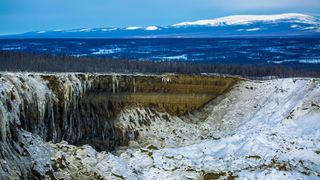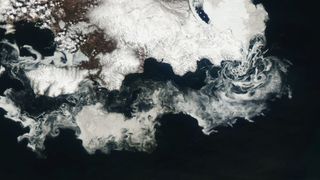The Arctic
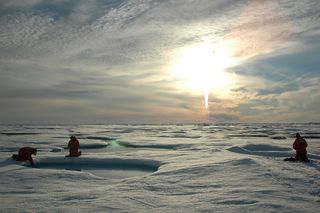
The Arctic region of the Earth is defined roughly as the area above 66 degrees north latitude and is largely a vast ocean covered by sea-ice, though that ice is being affected by global warming. The Arctic also includes much of Greenland, which is covered by a massive ice sheet, as well as the frozen tundra of Europe, Asia and North America. It has distinctive plants and animals found only there, such as the polar bear and the Arctic fox. Read below for the latest news and research from and on the Arctic, its ice and the life it supports.
Latest about Arctic
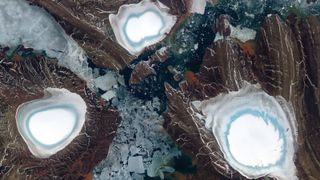
Trio of ringed ice caps look otherworldly on Russian Arctic islands
By Harry Baker published
Earth from space This 2018 satellite photo of ice caps on the Arctic islands of Russia's Severnaya Zemlya archipelago highlights the beautiful concentric rings of color in the ice, which stand out against the islands' barren landscape.
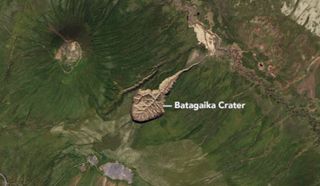
Siberia's 'gateway to the underworld' is growing a staggering amount each year
By Sascha Pare published
The Batagay megaslump — a 3,250-foot-wide (990 meters) depression in the permafrost in the Russian Far East — is "actively growing" by a massive amount every year, scientists have found.
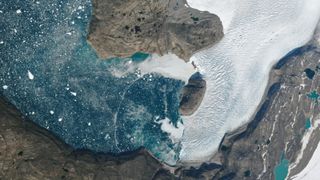
Mysterious wave ripples across 'galaxy' of icebergs in Arctic fjord
By Harry Baker published
Earth from space A puzzling arc was spotted in the water of a Greenland fjord littered with iceberg fragments. There are a couple of possible explanations for this bizarre phenomenon but we will likely never know what caused it, experts say.
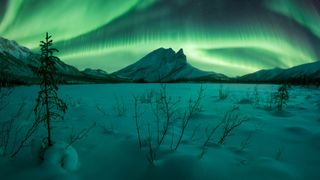
Northern lights photographer of the year winners
By Annie Corinne Shaink published
The winners for the 2023 "Northern lights photographer of the year" include locations from which the northern lights have never been photographed before.
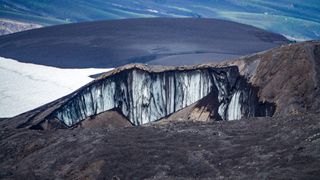
Sea of methane sealed beneath Arctic permafrost could trigger climate feedback loop if it escapes
By Sascha Pare published
A sea of migrating methane discovered below the permafrost in Svalbard may eventually escape its icy prison if the permafrost continues to thaw due to climate change.

Alarming collapse of Greenland ice shelves sparks warning of sea level rise
By Ben Turner published
Three of North Greenland's eight enormous ice shelves have already undergone complete collapse.
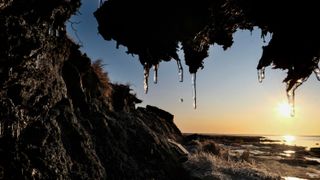
'Black swan' pathogens from ancient permafrost may be getting ready to wake up
By Carissa Wong published
Scientists simulated ancient viruses to see what impact they would have on the environment. While most had few consequences, 1% were capable of killing their hosts and disrupting ecosystems.
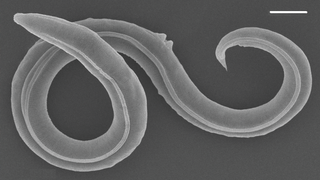
Nematode resurrected from Siberian permafrost lay dormant for 46,000 years
By Sascha Pare published
The ancient nematode has lain dormant in a fossilized squirrel burrow since the late Pleistocene, revealing that these worms can survive for tens of thousands of years longer than thought.
Sign up for the Live Science daily newsletter now
Get the world’s most fascinating discoveries delivered straight to your inbox.
